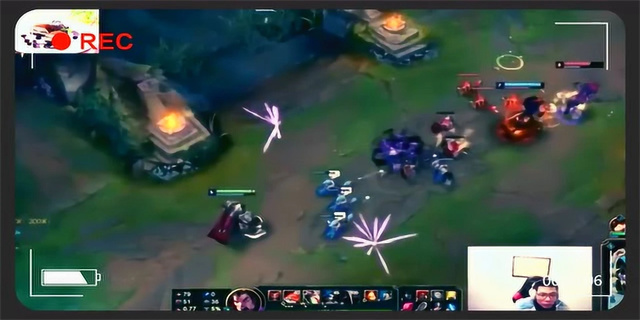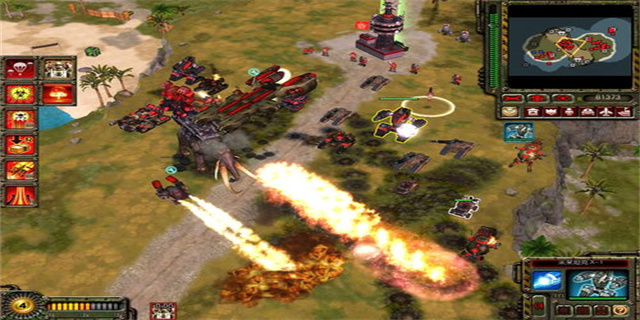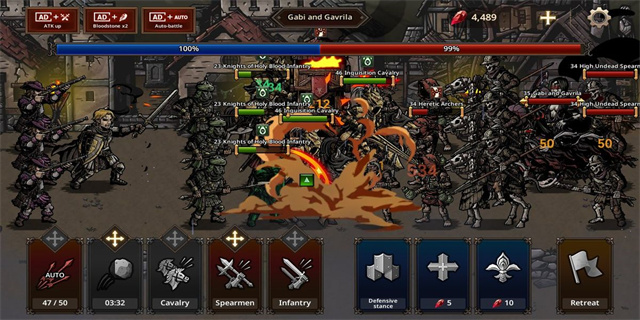Skidrow Rise: Unveiling the Thriving Underground Gaming Community
Introduction:
In the vast world of gaming, there exists a parallel universe, hidden beneath the surface of mainstream gaming. This clandestine community is known as Skidrow, a name whispered among gaming enthusiasts seeking the thrill of exploration, creativity, and rebellion against the traditional gaming establishment. In this article, we will delve into the realm of Skidrow, exploring its origins, significance, and impact on the gaming industry.
The Birth of Skidrow:

Skidrow traces its roots back to the early days of the internet, when a group of game enthusiasts developed a shared passion for cracking games and making them accessible to a broader audience. Fuelled by a desire to challenge the restrictive nature of traditional gaming practices, they began to develop cracks and patches that allowed games to be played without purchasing them. These renegade developers formed a close-knit community, resembling a true brotherhood of rebels against commercialization.
A Community of Rebels:

Skidrow quickly evolved from being a mere group of game crackers into a thriving underground community centered around a shared ideology of freedom and accessibility. As the gaming industry grew more restrictive with digital rights management (DRM) measures and invasive microtransactions, Skidrow stood as a symbol of resistance. Representing a counterculture within the gaming world, Skidrow became a sanctuary for gamers who sought experiences beyond the limitations of mainstream gaming.

The Impact on the Gaming Industry:
The emergence of Skidrow and similar underground communities has had a profound impact on the gaming industry. They serve as a constant reminder to game developers and publishers that gamers value affordability and accessibility. Through their cracks and patches, Skidrow has not only allowed players to access games they might otherwise not have been able to afford but has also revealed flaws and vulnerabilities within the industry's approach to DRM.
Furthermore, Skidrow has cultivated a thriving network of independent developers who release their creations exclusively within the underground community. These unique and experimental games often challenge conventional norms, offering players an alternative gaming experience free from commercial constraints. In this way, Skidrow has become a catalyst for innovation and creativity within the industry.
The Ethical Debate:
While Skidrow and its underground counterparts champion accessibility and freedom, they operate within a legal gray area. The act of cracking games and distributing them for free infringes upon intellectual property rights and poses a significant ethical dilemma. Some argue that Skidrow's actions are justified by the industry's excessive pricing and anti-consumer practices, while others believe that supporting piracy only harms the developers' ability to create future content.
Regardless of the ethical debate, Skidrow's existence and influence cannot be ignored. They have played a significant role in shaping the gaming landscape, fostering a sense of community and resistance that continues to resonate with gamers worldwide.
Conclusion:
Skidrow represents the triumph of the gaming community's desire for freedom and accessibility over the restrictions imposed by the commercial gaming industry. Despite being locked away in the depths of the underground, Skidrow's influence reverberates throughout the gaming landscape. It serves as a reminder that, ultimately, gamers are the driving force behind the industry's success and have the power to transform it from within. As the gaming industry evolves, it is crucial to listen to the cries of rebellion and take them as an opportunity for growth and improvement.






















